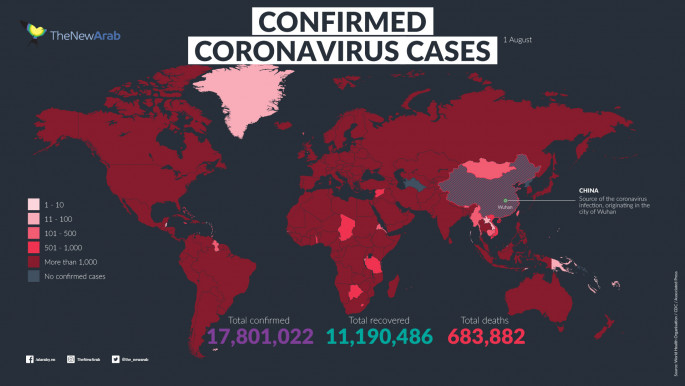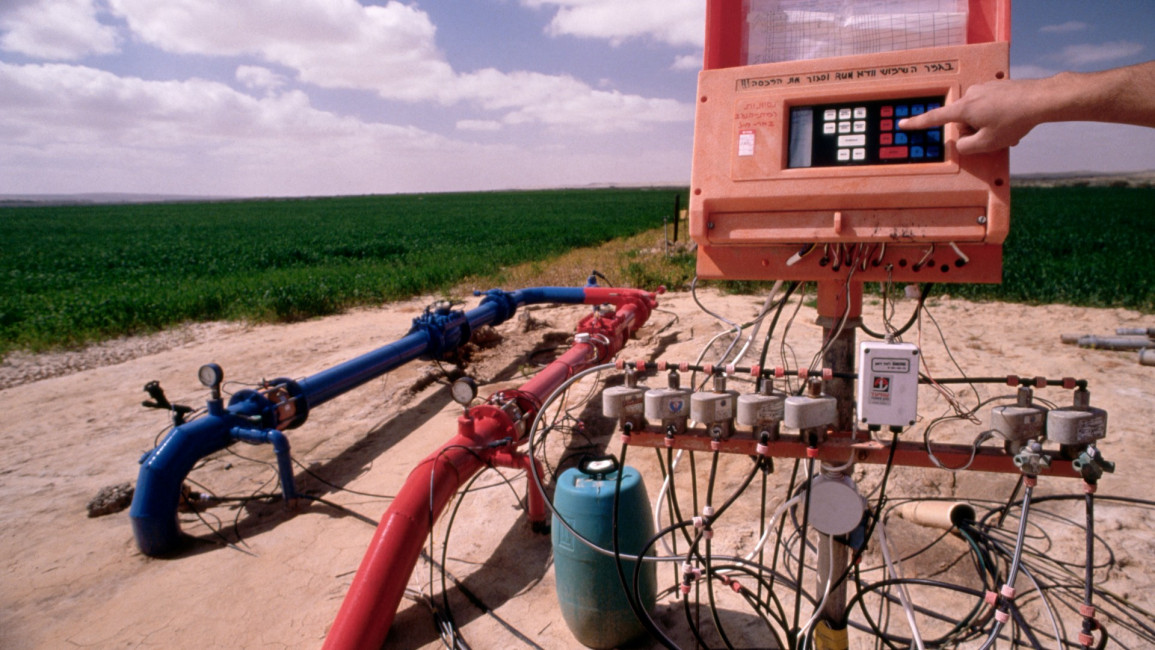Tehran and Washington have been at loggerheads over the tattered nuclear deal, and crippling US sanctions have prompted Iran to lay heavy criticism against US President Donald Trump.
Hackers disrupted water supplies in at least two locations in Israel, according to foreign intelligence officials familiar with the matter.
The incident occurred on 24 and 25 April and was detected and countered before it could cause damage, Israeli officials said.
"Cyberattacks that intentionally damage critical infrastructure shouldn’t be condoned," said a senior Trump administration official.
"We think they're very destabilising."
The hackers attempted to cripple computers that control water flow and wastewater treatment for a pair of rural districts in Israel, according to two officials of a foreign government that monitored the attack in real time.
The areas serve residential, medical and commercial customers and provide fresh water as well as wastewater removal and treatment.
This comes as much of the country is under lockdown as a result of the coronavirus pandemic.
Investigators discovered that hackers routed their attack through computer services in the United States and Europe.
An Iranian official denied that his country was involved in the attack.
"The Iranian government does not engage in cyberwarfare," said Alireza Miryousefi, for Iran's Mission to the United Nations in New York told
The Washington Post.
Israel neither confirmed nor denied the attack.
The foreign intelligence officials described the attack as coordinated, but not sophisticated.
The intruders targeted "programmable logic controllers" that operate valves for water distribution networks.
Iran and Israel have engaged in cyber warfare on a several occasions.
"The fact is they're getting more aggressive," said Robert M. Lee, a former NSA operator who co-founded Dragos, a cybersecurity firm specializing in defending industrial control systems.
"And they’re getting better. The public should not freak out, because the asset owners are taking steps to shore up their systems, but they must do more."
 |
US aggression
Earlier this week US President Donald Trump vetoed what he called a "very insulting" congressional resolution seeking to limit his war powers in Iran.
In a statement, Trump said he had used his veto because the resolution - a rare bipartisan rebuke to the president approved in March - was based on "misunderstandings of facts and law."
The measure stemmed from fears among both Trump's Republicans and Democrats that the White House was stumbling into war with the Islamic republic.
In the statement, Trump says Congress misinterpreted his constitutional authority as being limited to "defense of the United States and its forces against imminent attack."
"That is incorrect," he said.
"We live in a hostile world of evolving threats, and the Constitution recognizes that the President must be able to anticipate our adversaries' next moves and take swift and decisive action in response. That's what I did!"
Follow us on Facebook, Twitter and Instagram to stay connected




